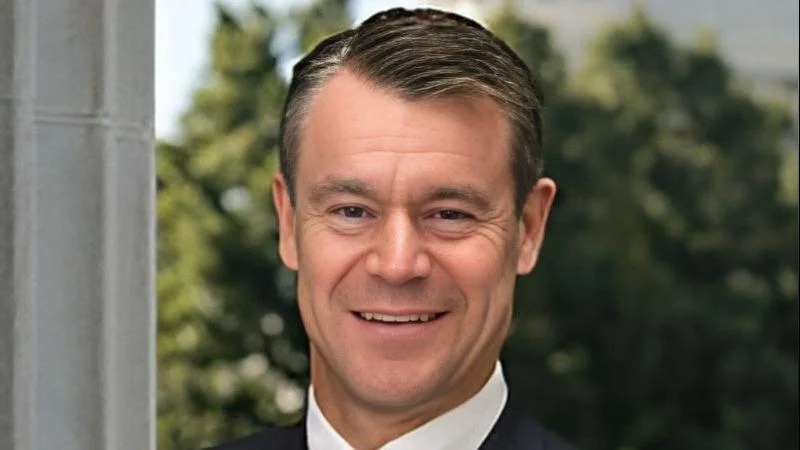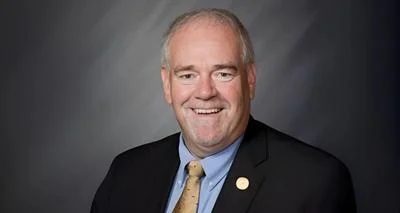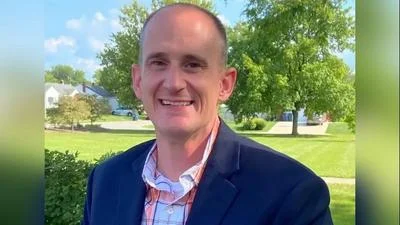Senator Todd Young, US Senator for Indiana | Official U.S. Senate headshot
Senator Todd Young, US Senator for Indiana | Official U.S. Senate headshot
On July 9, 2024, U.S. Senator Todd Young (R-Ind.) delivered a speech on the Senate floor commemorating Hoosier General Lew Wallace's actions during the Battle of Monocacy, which took place exactly 160 years ago. On July 9, 1864, as Confederate troops advanced toward Washington, D.C., General Wallace mobilized a few thousand Union soldiers at the Monocacy River in Maryland to confront over 15,000 Confederate troops en route to invade the nation’s capital. Wallace's forces managed to delay the Confederates long enough to prevent their attack on Washington.
“When it comes to words, Wallace will always be best known for Ben Hur. But the message he forwarded to Washington after the Battle of Monocacy is timeless too,” said Young. “It should inspire us still, a reminder that rising to our duty, no matter the odds or even outcome, can change history: ‘I did as I promised. Held the bridge to the last.’”
Senator Young's full remarks highlighted that in 1864, after three years of civil war, many Northern citizens were eager for peace. The Thirteenth Amendment had passed in the Senate but failed in the House of Representatives. The fate of Abraham Lincoln’s presidency and potentially the continuation of the war was uncertain.
Young recounted how President Lincoln gave General Wallace a second chance by appointing him commander of the Eighth Army Corps and Middle Department despite Wallace's previous setbacks at Shiloh. With little knowledge of his new command area based in Baltimore, Wallace quickly responded to reports that Confederate troops were advancing through Shenandoah Valley towards Washington.
Understanding that Washington was poorly defended with most Union soldiers engaged elsewhere, Wallace moved without orders to Monocacy Junction where key routes converged. He gathered available forces and prepared them for battle along the eastern bank of the river.
On July 8th, Wallace spent a sleepless night contemplating whether his hastily assembled force could hold off a superior army and what failure might mean for Washington and President Lincoln. By morning on July 9th, when over 15,000 Confederate troops arrived at Monocacy River, they faced fierce resistance from Wallace's outnumbered men until late afternoon when heavy losses forced them into retreat towards Baltimore.
The stand at Monocacy delayed Early’s Confederate forces long enough for Union reinforcements to reach Washington by July 11th. A subsequent skirmish at Fort Stevens led Early’s army to withdraw without capturing Washington.
Reflecting on this anniversary, Senator Young emphasized that had Early captured Washington even briefly; it could have swayed public opinion against Lincoln and impacted significant outcomes like passing the Thirteenth Amendment or terms of peace negotiations. Due to Wallace’s determination and his men's bravery at Monocacy Junction these questions remained unanswered leading ultimately towards Union preservation and passage of legislation ending slavery.
Senator Young concluded by reiterating General Lew Wallace’s legacy not just as an author but also as a soldier whose resolve changed history: "I did as I promised. Held the bridge to last."






 Alerts Sign-up
Alerts Sign-up